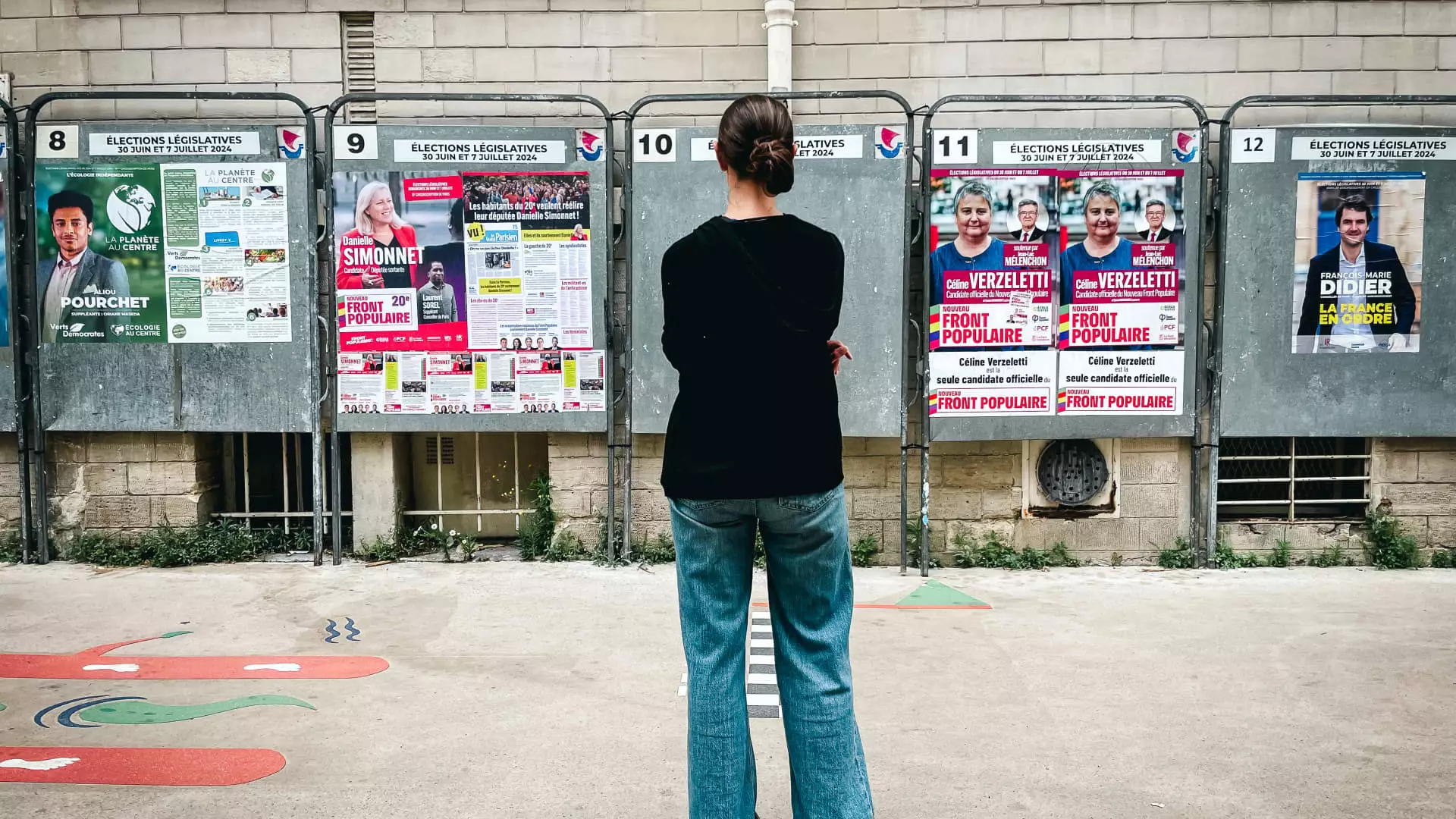The ongoing parliamentary elections in France have pulled the attention of political analysts, especially with the revision of power dynamics manifested in the dramatic rise of the far-right National Rally (RN). This situation has prompted left-wing and centrist parties, along with their leaders, to rethink their strategies in light of a real (and potential) threat posed by RN’s increasing electoral strength.
In the first round of voting, the National Rally, alongside allied factions, achieved a notable 33.1% of the vote. This upsurge puts considerable pressure on mainstream political groups, particularly those aligned with more progressive and centrist ideologies. The performance of the RN has raised alarms as it could translate into a significant presence within the National Assembly, potentially granting them an absolute majority if trends continue into the second round. As various factions zero in on how to counter this, the urgency for collaboration has reached an unprecedented level.
Left-wing and centrist politicians are now engaging in intense discussions to prevent the RN from solidifying its power in the assembly. There’s an emerging consensus that tactical voting is necessary, which could see third-placed candidates stepping back in key constituencies to consolidate the opposition against far-right candidates. This notion of creating a unified front among disparate political groups—often referred to as “Republican fronts”—is critical to limiting RN’s influence.
French Prime Minister Gabriel Attal, a close ally of President Macron, has publicly emphasized the pressing need for collective action: the immediate goal is to thwart National Rally’s ability to govern effectively. His call to arms reflects a broader concern across the political landscape about the potential ramifications of allowing a far-right faction to assume control over critical legislative functions.
Potential Outcomes: A Landscape of Uncertainty
The potential outcomes of this election remain up in the air. Analysts are speculating about three distinct scenarios unfolding post-second round: a majority for the RN, a fractured assembly without clear dominance, or an unexpected coalition involving far-right factions. An assessment by political commentators suggests that a hung parliament is the most plausible outcome, which would complicate governance for any political coalition.
This uncertainty is compounded by the likelihood of shifts in voter turnout and effectiveness of tactical voting strategies. While some political factions may find success in rallying voter support through overlapping interests, others may struggle to engage their base effectively, undermining potential victories.
Voter turnout is a vital factor that cannot be overlooked. Any change in participation levels can significantly sway election outcomes. Historical patterns suggest that turnout tends to fluctuate between rounds, and the complexities of electoral sentiment can either empower or weaken opposition to RN candidates. Previous elections have demonstrated how swiftly public sentiment can change, and this variability presents both a challenge and an opportunity for those fighting against the RN’s rise.
Escalating tensions between political camps and the urgency of the situation demand not only strategic voting but also clear communication regarding the stakes at play. Failure to mobilize constituents could result in dire consequences, and voices from the left and center must resonate strongly to avoid fragmentation at a critical juncture.
As France approaches the decisive second round of voting, the political landscape has never been more charged with tension and uncertainty. The potential of a far-right coalition raises existential questions about the future of governance in the country. Left-wing and centrist factions face a formidable challenge: to collaborate meaningfully and engage effectively to counterbalance the volatility represented by the National Rally. The next steps taken—or not taken—by these parties will determine the fate of France’s parliamentary architecture and set the stage for future governance in an era increasingly characterized by polarization. The upcoming election will not merely decide seats in the National Assembly but will shape electoral politics, societal cohesion, and France’s ideological trajectory for years to come.


Leave a Reply